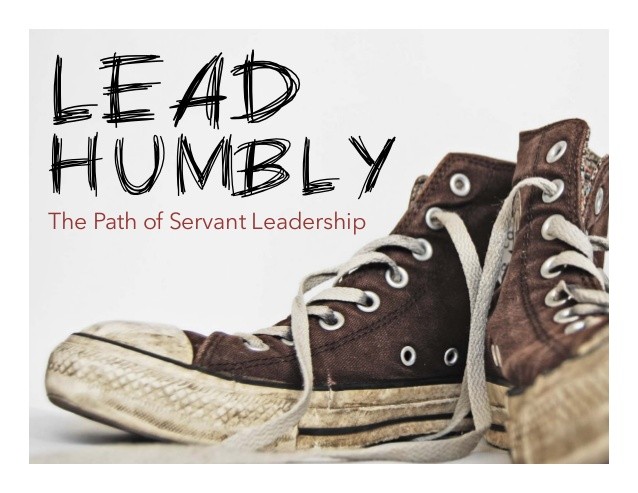What are the words that best describe your company? And are these the same words you would use to describe your company’s leadership? Leaders, of course, aren’t just found in the C-Suite. They’re in every part of your organization, including customer-facing roles such as sales, service, and accounting. The way we train leaders matters, both for the future of our companies and for the well-being of our communities. If leaders seem to be in short supply these days, is it because we need a better way to train them?
Humbition, Magis, and Discernment
There’s no shortage of business books about leadership, but some seem to emphasize style over substance. If you’re looking for a proven way to train leaders at every level of your organization, consider making “humbition” a guiding principle instead. A portmanteau of the words “humility” and “ambition”, humbition relies on the power of persuasion rather than formal authority. Then add “magis,” a Latin word for extra effort, to the mix. Finally, make discernment the way your organization makes decisions.
Humbition, magis, and discernment aren’t new concepts in leadership training and development. On the contrary, these principles are nearly 500 years old. St. Ignatius of Loyola, founder of the Society of Jesus, made them part of Jesuit thinking, which has much-needed applications in today’s business world. Specifically, these guiding principles prompt leaders to:
- understand our strengths, weaknesses, values, and worldview
- confidently innovate and adapt to embrace a changing world
- engage others with a positive, loving attitude
- energize ourselves and others through heroic ambitions
Putting Principles Into Action
As humbition suggests, leadership is the art of inducing – not commanding – others to follow. It’s not a science or a craft. Rather, it’s more like an art. Also, humbition is about leading by example and modeling true leader-servant behavior. Magis, that extra effort, tempers ambition with humility and encourages service to others. Discernment, a guiding principle for decision making, also speaks to sound leadership.
“You can usually find facts to support your feelings; you can’t really massage your feelings around to support the facts,” wrote Johnathan E. McBride in a “Manager’s Journal” essay for the Wall Street Journal many years ago. For leaders who practice discernment, decision making begins with all of the relevant information. Then, on the basis of a judgement of facts, leaders make the right decisions.
Value-Added Manufacturing
These days, there’s a lot of talk about “value-added manufacturing” in the sense that a product is combined with a service such as design assistance or quality control. SHINE is a value-added manufacturer in that sense, but also because our company’s values include humbition, magis, and discernment. If you are looking for an electronic contract manufacturer that leads by example, we invite you to contact us.






